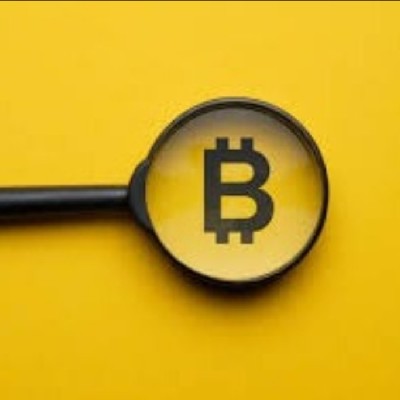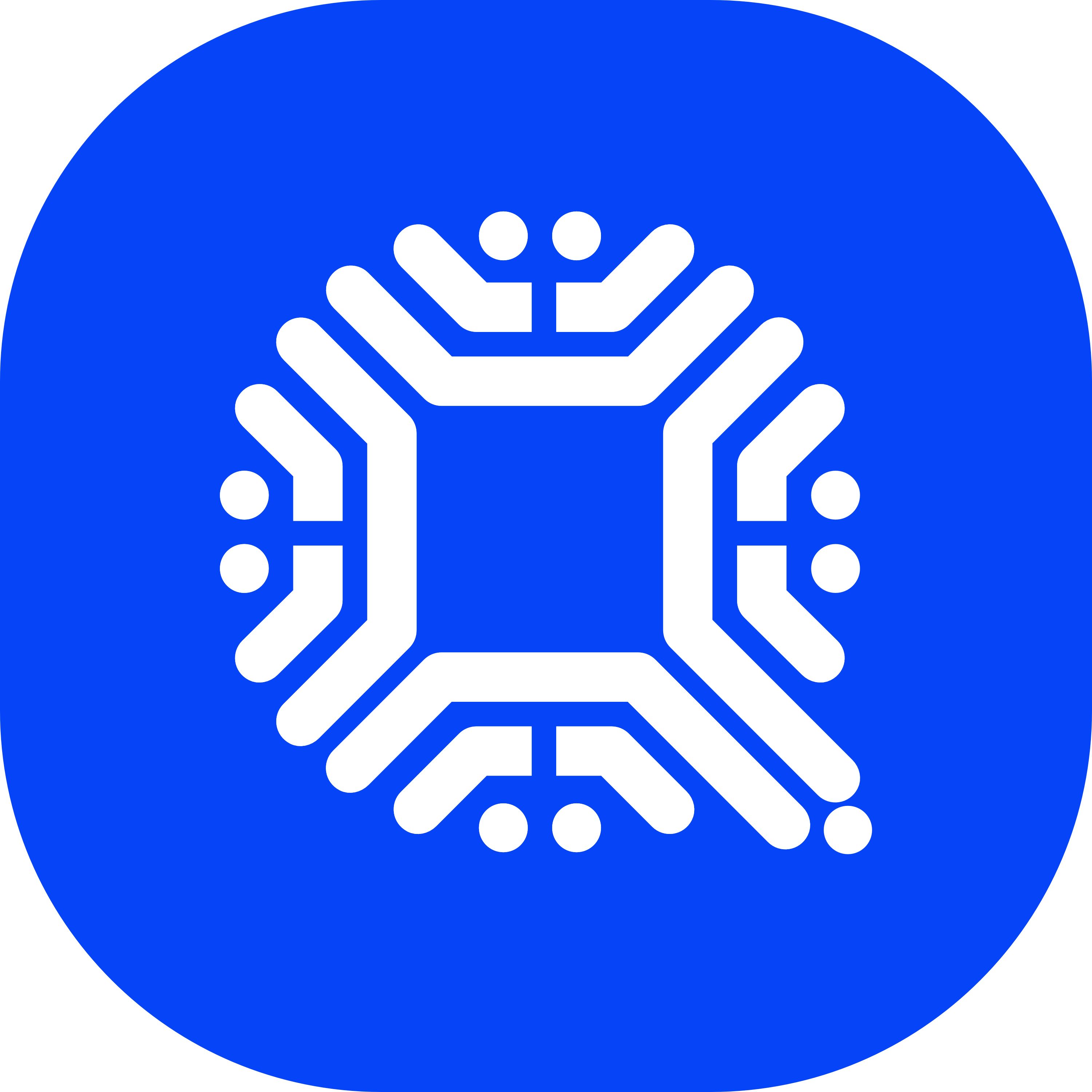


ZKsyncの価格ZK
ZKからJPYへの交換
ZKsyncに投票しましょう!
ZKsync (ZK)について
zkSyncとは?
zkSyncは、セキュリティと分散化のコアバリューを維持しながら、ネットワークの取引スループットを強化し、取引手数料を削減するために設計されたイーサリアム(Ethereum)用のレイヤー2スケーリングソリューションです。Matter Labsによって開発されたzkSyncのゼロ知識ロールアップ(zk-rollup)技術は、イーサリアムのスケーラビリティの課題に対処します。
イーサリアムは世界で2番目に大きなブロックチェーンですが、特にネットワークが活発な時期に、スケーラビリティと高い取引手数料の問題に直面しています。zkSyncは、複数の取引をオフチェーンで集約し、単一の証明をイーサリアムのブロックチェーンに提出することで、計算負荷と関連コストを大幅に削減し、これらの問題を解決することを目指しています。そのため、zkSyncはイーサリアムを効果的かつ持続的にスケールさせるための継続的な取り組みにおいて、極めて重要な開発となっています。
関連資料
公式ドキュメント: https://docs.zksync.io/
公式ウェブサイト: https://zksync.io/
zkSyncの仕組み
zkSyncはイーサリアムネットワークの効率を改善するためにzk-rollup技術を採用しています。zk-rollupは数百の取引をオフチェーンで束ね、これらの取引が有効であることの暗号学的証明を作成します。この証明は検証のためにイーサリアムのメインネットに提出されます。オンチェーンで検証する必要があるのは証明だけであるため、このプロセスはイーサリアムネットワークの負荷を大幅に軽減し、ガス料金の削減と取引時間の短縮につながります。
さらに、zkSyncは(イーサリアム仮想マシン)EVMと互換性があるように設計されているため、開発者はコードを書き換えることなく、既存のイーサリアムのスマートコントラクトをzkSync上にデプロイすることができます。この互換性により、開発者の参入障壁が低くなり、分散型アプリケーション(dApps)のzkSyncへのシームレスな移行が容易になるため、このスケーリングソリューションの幅広い採用が促進されます。
zkSyncはまた、より直感的でユーザーフレンドリーなブロックチェーンとのインタラクションを可能にすることで、ユーザーエクスペリエンスを向上させるネイティブアカウント抽象化を取り入れています。ユーザーは、支払いを自動化したり、任意のトークンでガス料金を支払ったり、あるいはこれらの料金を他の当事者が負担することもできます。このような柔軟性は、ブロックチェーン技術をより多くの人々が利用できるようにするためのもので、zkSyncの普及をさらに促進します。
セキュリティはzkSyncのもう一つの重要な側面です。zkSyncのプロトコルは、堅牢性を保証するために、広範な監査とストレステストを受けています。イーサリアムのメインネットのセキュリティを継承し、さらに保護レイヤーを追加することで、zkSyncはさまざまなブロックチェーンアプリケーション、特に分散型金融(DeFi)分野のアプリケーションに高いセキュリティ環境を提供します。
ZKトークンとは?
ZKは、zkSyncエコシステム内のネイティブユーティリティおよびガバナンストークンです。プロトコルの運用を維持・強化する上で重要な役割を果たしています。ZKトークンの主な用途の1つは、zkSyncネットワークでの取引手数料の支払いです。手数料にZKトークンを利用することで、メインのイーサリアムネットワークと比較して低コストが保証されます。
取引手数料以外にも、ZKトークンはzkSyncの分散型ガバナンスモデルに不可欠です。トークン保有者は重要な意思決定プロセスに参加することができ、プロトコルの将来の方向性に影響を与える提案に投票することができます。この民主的なアプローチにより、zkSyncの開発と進化がコミュニティの集合的な利益を反映することが保証されます。
また、ZKトークンはネットワークのセキュリティと参加にインセンティブを与えます。ユーザーはZKトークンをステークしてネットワークのセキュリティインフラをサポートし、報酬として追加トークンを得ることができます。さらに、zkSyncエコシステム内の流動性プロバイダーはZKトークンで報酬を受け、分散型取引所(DEX)やプラットフォーム上の他の金融活動のための十分な流動性を確保します。ZKの総供給量は210億トークンです。
zkSyncは良い投資先か?
zkSyncを含む暗号資産(以下、仮想通貨)への投資には、慎重な検討と徹底的な調査が必要です。仮想通貨市場の不安定な性質により、価格が短期間で大きく変動する可能性があります。投資を行う前に、市場の力学を理解し、リスク許容度を評価し、利益と損失の両方の可能性を考慮することが極めて重要です。市場動向を把握し、仮想通貨コミュニティと関わることは、2024年にzkSyncが良い投資先かどうかを判断するのに役立ちます。
さらに、分散投資は投資リスクを管理する上で重要な戦略です。すべての資金を1つの資産に投入するのではなく、さまざまな仮想通貨や伝統的な資産に分散投資することを検討しましょう。このアプローチは、潜在的な損失を軽減し、よりバランスの取れたポートフォリオを提供するのに役立ちます。常に情報を入手し、市場の変化に応じて投資戦略を調整する準備を整えておくことで、ポートフォリオを堅固なものとし、将来に向けて万全の態勢を整えることができます。
zkSync(ZK)の購入方法
zkSync(ZK)への投資をご検討ですか?たった2分でBitget でアカウントを作成 して、ZKの取引を開始することができます。
zkSyncの関連記事
ZKsyncのAI分析レポート
本日のZKsync価格(JPY)
ZKsyncの価格履歴(JPY)
 最低価格
最低価格 最高価格
最高価格 
ZKsyncの最高価格はいくらですか?
ZKsyncの最安価格はいくらですか?
ZKsyncの価格予測
ZKの買い時はいつですか? 今は買うべきですか?それとも売るべきですか?
2026年のZKの価格はどうなる?
2031年のZKの価格はどうなる?
よくあるご質問
ZKsyncの価格に影響を与える要因は何ですか?
ZKsyncは良い投資ですか?
ZKsyncの技術はその価格にどのように影響しますか?
ZKsyncはどこで購入できますか?
ZKsyncの将来の価格予測は何ですか?
市場のボラティリティはZKsyncの価格にどのように影響しますか?
ZKsyncの取引にはどのようなリスクが伴いますか?
ZKsyncの価格をリアルタイムで追跡するにはどうすればよいですか?
ZKsyncの価格におけるパートナーシップの役割は何ですか?
規制環境はZKsyncの価格にどのように影響しますか?
ZKsyncの現在の価格はいくらですか?
ZKsyncの24時間取引量は?
ZKsyncの過去最高値はいくらですか?
BitgetでZKsyncを購入できますか?
ZKsyncに投資して安定した収入を得ることはできますか?
ZKsyncを最も安く購入できるのはどこですか?
ZKsyncに関するニュース
ZKsyncの最新情報
zkLink(ZKL):マルチチェーン分散型アプリケーションの未来
zkSync(ZK):ゼロ知識証明によるイーサリアムのスケーリング
Dappad(APPA):アカウント抽象化技術でブロックチェーン投資を簡素化
AutoAir AI(AAI):エアドロップハンティングの最適化
Syncus(SYNC):従来の金融構造への挑戦
EthereumのDencunアップグレードによる暗号資産市場への影響
Bitget Swapユーザーガイド
ブロックチェーンのレイヤーを理解する
Holdstation:zkSync Eraで未来を手にする
1つのアドレスで管理 - EVM互換アドレスとパスワード不要出金
ZKsync市場
ZKsyncの集中度別保有量
ZKsyncの保有時間別アドレス

ZKsyncのグローバル価格
- 1
- 2
- 3
- 4
- 5
ZKsync(ZK)の購入方法

無料でBitgetアカウントを作成します

アカウントを認証する

ZKsyncをZKに交換
ZK無期限先物を取引する
Bitgetに登録し、USDTまたはZKトークンを購入した後、ZK先物やマージン取引を含むデリバティブ取引を開始することができ、収入を増やすことができます。
ZKの現在価格は¥7.58で、24時間の価格変動は+0.48%です。トレーダーはZK先物をロングまたはショートすることで利益を獲得できます。
エリートトレーダーをフォローして、ZKのコピートレードを始めましょう。
もっと購入する
ZKsync(ZK)はどこで買えますか?
動画セクション - 素早く認証を終えて、素早く取引へ

ZKからJPYへの交換
ZKsyncの評価
Bitgetインサイト



関連資産
ZKsyncの追加情報
通貨のアップデート情報
取引
Bitget Earn
























.png)








